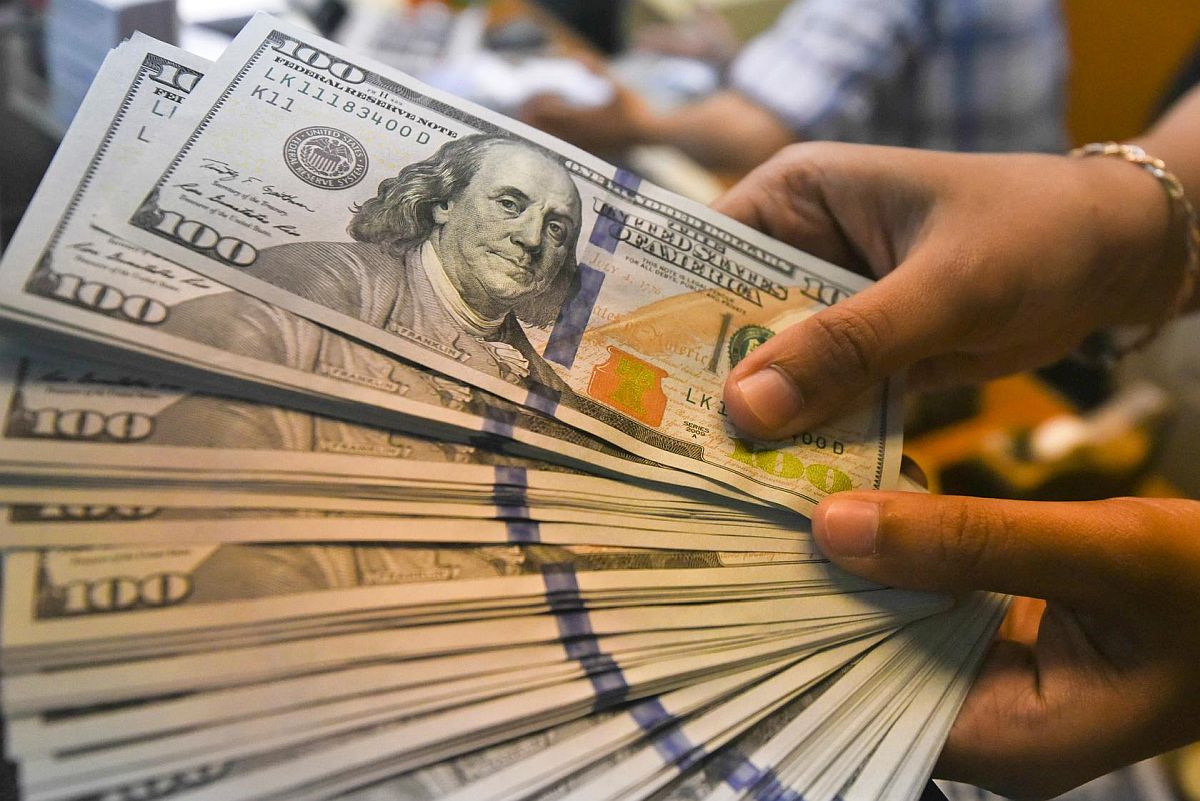As an avid follower of financial news, I have often stumbled upon headlines proclaiming significant changes in a country’s foreign exchange (forex) reserves. These announcements have piqued my curiosity, leading me to delve deeper into the topic to understand whether an increase in such reserves is a sign of economic prosperity or a cause for concern.

Image: www.livemint.com
Forex reserves, held by central banks and monetary authorities, represent a country’s assets in foreign currencies, gold, and other reserve assets. An increase in these reserves can be attributed to various factors, including trade surpluses, foreign direct investment, and portfolio inflows. However, the impact of such an increase warrants careful examination.
The Pros of Forex Reserve Accumulation
An increase in forex reserves offers several potential benefits:
- Enhanced Economic Stability: Ample forex reserves serve as a buffer against potential economic shocks, such as fluctuations in commodity prices or sudden capital outflows. This stability promotes investor confidence and attracts foreign investment, contributing to economic progress.
- Import Capacity and Inflation Control: Adequate forex reserves enable a country to meet its import obligations, particularly during times of heightened global uncertainty. This helps stabilize domestic prices and mitigate inflation, ensuring a stable economic environment.
- Debt Repayment: Governments can utilize forex reserves to repay external debts, reducing their debt burden and improving their creditworthiness. This enhances the country’s financial standing and attracts favorable credit conditions.
The Cons of Excessive Forex Reserve Accumulation
While an increase in forex reserves can be beneficial, excessive accumulation can also pose risks:
- Opportunity Cost: Holding large amounts of forex reserves incurs an opportunity cost as it diverts funds away from potentially more productive investments. This can slow down economic growth and limit the development of domestic industries.
- International Tensions: Excessive forex accumulation can lead to global imbalances, as countries with large reserves may manipulate exchange rates to gain an unfair trade advantage. This can create trade frictions and harm international cooperation.
- Currency Appreciation: Large forex reserves can appreciate the local currency, making exports more expensive and decreasing the competitiveness of domestic industries. This can harm export-oriented sectors and lead to job losses.
Conclusion: Seeking a Balance
The question of whether an increase in forex reserves is beneficial or detrimental is not straightforward. The impact depends on several factors, including the size of the reserves, the reasons for their accumulation, and the overall economic context. An appropriate level of forex reserves provides economic stability and resilience, while excessive accumulation can potentially hinder growth and international cooperation. Countries should strike a balance that aligns with their specific economic needs and development goals.
Are you interested in learning more about forex reserves and their impact on the global economy? Share your thoughts and questions in the comments below!

Image: www.rediff.com
Increase In Forex Reserves Good Or Bad
FAQ
Q: What factors contribute to an increase in forex reserves?
A: Trade surpluses, foreign direct investment, and portfolio inflows are common factors that lead to an increase in forex reserves.
Q: What are the potential advantages of having ample forex reserves?
A: Enhanced economic stability, import capacity, inflation control, and debt repayment are key advantages of ample forex reserves.
Q: What risks are associated with excessive forex reserve accumulation?
A: Opportunity cost, international tensions, and currency appreciation are potential risks associated with excessive forex reserve accumulation.
Q: How can countries avoid the potential risks of forex reserve accumulation?
A: Countries should strike a balance, maintaining an appropriate level of forex reserves that aligns with their economic needs and development goals.






